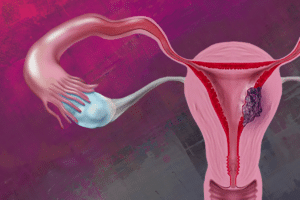 Finnish researchers have found new evidence for the role of the brain in obesity. The central nervous system is actively involved in processing hunger signals and thus, controlling food intake. Research suggests that it is possible that the cause of weight gain and obesity might be in the brain.
Finnish researchers have found new evidence for the role of the brain in obesity. The central nervous system is actively involved in processing hunger signals and thus, controlling food intake. Research suggests that it is possible that the cause of weight gain and obesity might be in the brain.
Using multiple brain imaging methods, the investigators measured regional brain glucose uptake in morbidly obese (n = 19) and normal weighted (n = 16) subjects with 2-[18F]fluoro-2-deoxyglucose ([18F]FDG) positron emission tomography (PET) during euglycemic hyperinsulinemia and with functional magnetic resonance imaging (fMRI) while anticipatory food reward was induced by repeated presentations of appetizing and bland food pictures.
The results revealed that in obese versus lean individuals, brain glucose metabolism was significantly higher in the brain’s striatal regions, which are involved in processing of rewards. Moreover, obese individual’s reward system responded more vigorously to food pictures, whereas responses in the frontal cortical regions involved in cognitive control were dampened.
According to the authors, “the results suggest that obese individuals’ brains might constantly generate signals that promote eating even when the body would not require additional energy uptake and highlight the role of the brain in obesity and weight gain.” These results may have major implications not only on the current models of obesity, but also on the development of pharmacological and psychological treatments of obesity.
Source:







